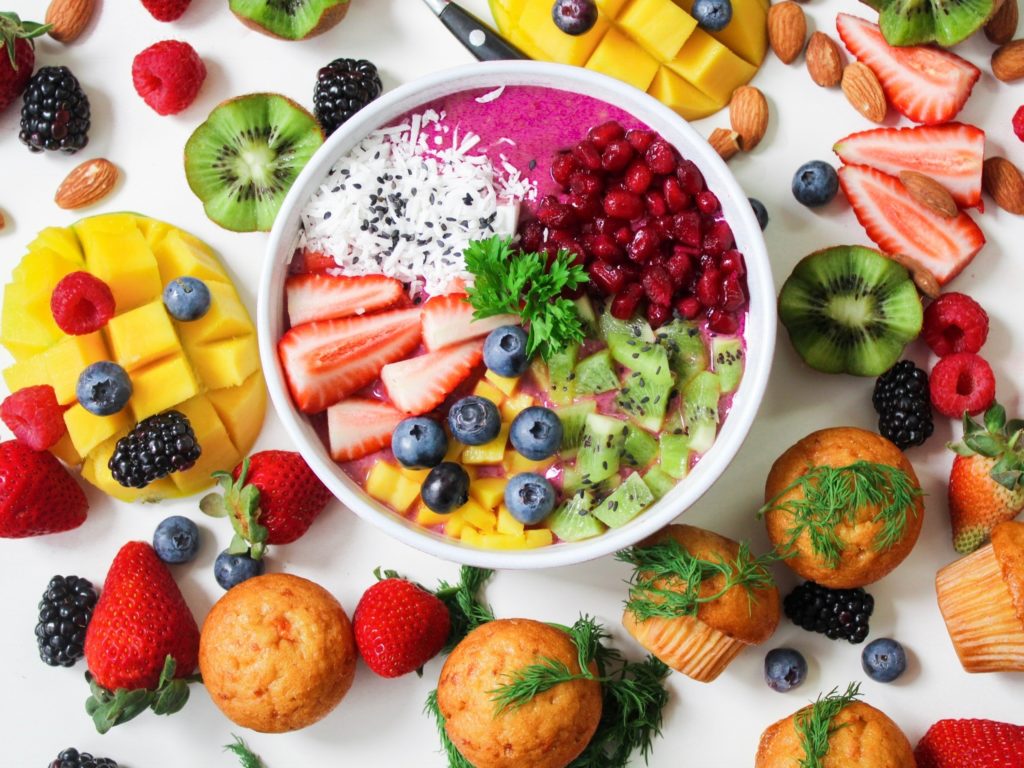For many women, pregnancy is one of the healthiest times in their lives, since they may take extra care of their diet during this special time. If you have already been to see your OBGYN, chances are, they have already given you a list of foods to avoid. They may also have suggested safe ways to prepare food, to avoid toxoplasmosis – a parasitic infection that can potentially harm an unborn baby. The great thing about being pregnant is that you don’t need to sacrifice the vast majority of foods you love. The general rule is to consume a healthy, Mediterranean-style diet, free of refined sugars and unhealthy fats and rich in seasonal fruits and vegetables, lean proteins, and whole grains. Friso will provide a guide on what food to avoid to keep a healthy pregnancy.
Caloric Requirements for Pregnant Women
Your doctor will quickly dispel the myth that you have to eat for two because you are pregnant. The Centers for Disease Control and Prevention states that pregnant women don’t generally need to consume more calories during the first trimester. During the second trimester, they should aim for around 340 more calories than normal daily. In the last trimester, they can consume around 450 more calories. It is important to gain no more than your recommended weight so as to reduce the likelihood of delivery issues and cesarean birth, and obesity in childhood. Women who gain too much weight during pregnancy can also find it difficult to lose weight afterwards, leading to potential problems such as obesity and Type 2 diabetes.
Avoiding Refined Sugars
If you feel like something sweet, reach for a fruit. Avoid refined carbohydrates found in cakes, biscuits, and other store-bought foods that can cause your blood glucose levels to spike. You can still tuck into starchy foods like bread, potatoes, rice, and pasta, but only about a third of the calories you consume should be made up of these carbohydrates. Stock up on fruits and veggies of various colors, since they are rich in vitamins and minerals, and are fiber-rich (which will help prevent constipation).
Should You Take Vitamins?
If your nutritional intake is varied and healthy, you won’t need to worry about taking any vitamins other than folic acid and Vitamin D. Your doctor may recommend that you steer clear of Vitamin A supplements, since excess levels of this vitamin can harm unborn babies. Make sure you obtain these vitamins from a trusted company. Some vitamins contain fake ingredients that can be toxic, so steer clear of unknown brands. As a general rule, only take vitamins or supplements recommended by your doctor.
How Much Protein Will You Need?
Around a quarter (20-25%) of your daily caloric intake should come from protein. Good sources include fish, meat, chicken, eggs, dairy products, peas and beans, nuts and seeds, and even whey protein powder. Avoid processed proteins like hot dogs, opting for lean sources instead. Avoid hams like Spanish jamón, which is not cooked and which can therefore pose a risk for toxoplasmosis. Raw fish and seafood should also be avoided (i.e. ceviche, sushi, and sashimi dishes should be left for post-pregnancy).
Essential Fats During Pregnancy
During pregnancy, it is generally recommend that between 25 and 35% of your daily caloric intake should come from fat. Monounsaturated fats are generally preferable to saturated fats. Source healthy fats from cold-pressed, extra-virgin olive oil; avocados; and nuts like walnuts, which are rich and Omega-3 essential fatty acids. Healthy fats are important for your baby since they are required for brain development. A correct intake of these fats are also linked to a good birth weight and to optimal breast milk quality.
If you are pregnant, speak to your doctor about the right nutritional regimen. Because caloric intakes will vary according to your existing weight, any foods you do consume should be doctor-approved. Your doctor will probably recommend folic acid and Vitamin D; make sure not to mix these with unapproved vitamins, to avoid harmful interactions.
Main photo : Vegan Liftz
